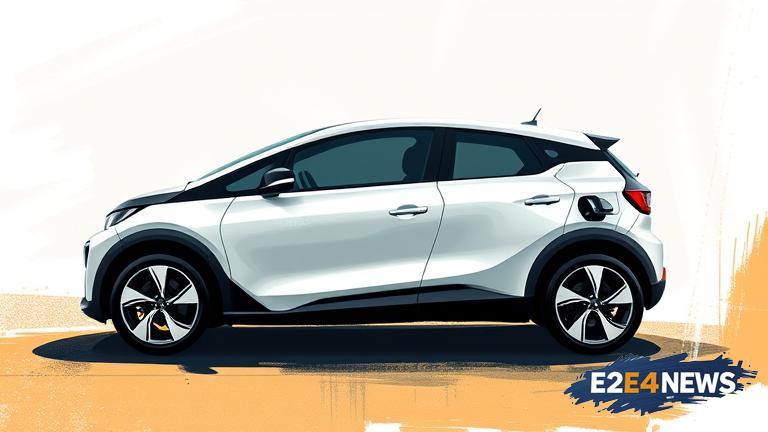The Indian government has announced a comprehensive plan to promote the adoption of electric vehicles (EVs) in the country. The plan includes a range of incentives and initiatives to encourage the use of EVs, including tax exemptions, subsidies, and investment in charging infrastructure. The government aims to have at least 30% of new vehicle sales be electric by 2030. To achieve this goal, the government will provide subsidies to manufacturers and buyers of EVs, as well as invest in the development of charging infrastructure. The plan also includes measures to promote the use of EVs in public transportation, such as buses and taxis. The government will also encourage the use of EVs in corporate fleets and provide incentives for companies to adopt EVs. Additionally, the government will invest in research and development to improve the technology and efficiency of EVs. The plan is expected to have a significant impact on the environment, as EVs produce zero emissions and can help reduce air pollution in urban areas. The government also expects the plan to create new job opportunities in the EV sector and stimulate economic growth. The plan has been welcomed by the automotive industry, which sees it as a major opportunity to grow and develop. However, some experts have raised concerns about the lack of charging infrastructure and the high cost of EVs, which could hinder the adoption of EVs. The government has acknowledged these concerns and has pledged to address them through its plan. The plan is part of the government’s broader strategy to reduce its dependence on fossil fuels and promote the use of renewable energy. The government has set a target of generating 40% of its electricity from non-fossil fuels by 2030. The plan is also expected to have a positive impact on public health, as EVs can help reduce air pollution and improve air quality. The government will also encourage the use of EVs in rural areas, where they can help reduce emissions and improve air quality. The plan has been praised by environmental groups, which see it as a major step forward in reducing emissions and promoting sustainable development. However, some experts have raised concerns about the potential impact of EVs on the grid and the need for significant investment in charging infrastructure. The government has acknowledged these concerns and has pledged to address them through its plan. The plan is expected to be implemented over the next few years, with the government providing regular updates on its progress. The government has also encouraged state governments to develop their own plans to promote the adoption of EVs. The plan is a major opportunity for India to reduce its emissions and promote sustainable development, and it is expected to have a significant impact on the environment and the economy.





